|
By Abbey Greene “Carbon offset fee”...for some reason that phrase was a mystery to me, and it still is to many others. Don’t worry, I finally understand it and all it’s awesomeness. Let me explain it for you. Everyone who is involved with, or has heard of climate change understands that greenhouse gas emissions are something to avoid. These gases lock the earth’s heat in, and too much of these gases in our atmosphere causes our planet’s surface temperature to rise higher than it should be. Being living organisms, humans give off CO2, one of the primary greenhouse gases. It’s not necessarily a bad thing; it’s natural. However, we rely too heavily on individual transportation, use too much electricity, build more buildings than we should, and chop down too many trees. We are increasing our output of carbon way beyond what it should be and causing the earth to warm up. Courtesy: Ben & Jerry's At Jackson Hole WILD, we decided to do something about it this year. We are offering a carbon offset fee. For the first time ever, the people coming to our festival can choose to pay a carbon offset fee of $25 dollars. This money will be put entirely towards counteracting all of the carbon it took to get them here. Carbon offset fees generally support different projects or organizations that work towards environmentally friendly goals. So by paying the fees, you’re helping offset the carbon output from events and in our own daily lives, rebalancing the atmosphere. Our carbon offset fees will be put towards a really “claw-some” cause. (I had to say it, you’ll understand in a few seconds.) By paying one of our carbon offset fees, that individual is buying one entire carbon credit through the organization Gold Standard. All Gold Standard projects must not only have a positive impact on the climate, but must also contribute to at least two additional UN Sustainable Development Goals (SDGs). This means the project must reduce greenhouse gases while at the same time lead to benefits such as new jobs, better health, improved gender equality and the protection of natural habitats and endangered species. But wait, what’s a carbon credit? 1 carbon credit = 1 ton of CO2 That’s equal to:
And, what’s even better, is we’ve chosen to put these carbon credits of environmental goodness towards helping a great project, so “paw-lease,” just take a “meowment” here. As all the astute minds out there may have guessed -- thanks to my bad puns -- we’ve chosen to support a Gold Standard certified project that helps cat populations in honor of our Cat Summit. The project we chose is called the Vichada Climate Reforestation Project in Colombia. The way the project is set up tries to bridge existing forest patches in order to create large areas of connected habitat for migratory species. It creates forest habitats in a region that has remaining jaguar and puma populations. (Even the elusive ocelot has been spotted there!) Supporting Gold Standard will also mean that we are helping them reduce carbon emissions within agricultural supply chains, create best practice guidance for businesses among major corporations, and raising awareness of environmental issues around the world. All by paying 25 bucks. I’d say it’s worth it. And I’m not “kitten.”
1 Comment
By James Fiske Our colleagues over at the Discovery Channel have seen the success of Shark Week grow exponentially since the beginning of the social media age—until last year. Discovery decided the iconic, weeklong, prehistoric fish extravaganza should be moved to late-June rather than early-July to avoid scheduling conflicts with the Rio Olympics. The adjustment to an age old, successful formula saw a 6.7% drop in 2016 viewership compared to the year before. CEO David Zazoff later admitted the mistake stating the timing of Shark Week 2016 was simply “too early”. In an effort to help stabilize ratings for 2017, Zazoff has decided to employ the timeless and increasingly popular tactic of: ‘If you can’t beat ‘em, join ‘em’. Contrary to popular belief, Shark Week is not actually 7 days long—it is eight. But, despite its misleading title, this week (and a day) of programming is as American as baseball, hot dogs, apple pie and—Michael Phelps? Yes, Michael Phelps. With a well-needed boost in ratings, Discovery has turned to history’s greatest Olympian to help steady the ship.
Admittedly, Michael Phelps is the undisputed fastest human to dive into a body of water. However, Michael is a human. I don’t want to get too technical but humans swim as a hobby. And although swimming may be a bit more than a hobby for Phelps, sharks are fish—and fish swim to survive. Is there any way that Michael Phelps could ever beat a shark in a race? That’s what I’m here to figure out. Which sharks could Michael Phelps actually outswim? To lay the ground rules, I want to be fair to both competitors. The race will take place over the course of 100m. Although he is widely heralded as the fastest man to ever swim the Butterfly stroke, Phelps’ best time over the length of 100m was in the 2008 Beijing Olympics during the Men’s 4x100m Freestyle. It took him just 47.51 seconds to swim the entirety of the race, so this will be the baseline for his time.
1) Great White
2) Tiger Shark
3) Whale Shark
4) Basking Shark
As you can clearly see, Michael Phelps has no business being in the same pool as a shark. In fact, he has no business racing most ocean dwellers. Here is a quick list of notable sea creatures that Michael Phelps would actually have a good chance of beating in a race.
By Abbey Greene The internet is blowing up over the newest action film: Wonder Woman. The movie represents the first major superhero motion picture to showcase a female lead, a breakthrough for women in the film industry. The title role is played by the lovely Gal Gadot, who had to train six hours a day for six months and gain 17 pounds of muscle in preparation for filming. Last October, Gadot was present as the United Nations made Wonder Woman its Honorary Ambassador for the Empowerment of Women and Girls, a gesture to promote gender equality and instill confidence in women. You may not know, but Gadot is somewhat of a Wonder Woman herself. She served in the Israel Defence Forces for two years as a combat trainer, and learned a lot about fighting skills and weaponry in the process. She has also educated herself in both law and political science. Gadot was quoted saying that she took the role of Wonder Woman to empower other women and her own two young daughters. However, it turns out that empowering women is not just about gender equality. There’s another reason to empower women: it would help prevent global warming.
According to the Food and Agriculture Organization of the United Nations, if all female farm smallholders received equal access to resources, their farm yields would rise by 20-30%. With more food available, the number of undernourished people in the world would drop by 12%. This means 100-150 million people would no longer be hungry.
One business has stepped up into the green spotlight to help tackle this issue: Kellogg’s. Kellogg’s is a large international food company who receives yields from 65,000 smallholders worldwide. When they realized nearly half were women, they launched different campaigns a little over a year ago to help thousands of women smallholders by educating them and teaching them new farming techniques and systems. For those of us who aren’t working at Kellogg’s, feel free to visit Action Aid’s website to learn how else you can help women smallholders around the globe. Meanwhile, 225 million women in lower-income countries say they want the ability to choose whether and when to become pregnant but lack the necessary access to contraception. This results in about 74 million unintended pregnancies each year. If we invested in family planning and educating girls on a global scale, our population numbers would be lower, and future emissions reductions could be reduced by 123 billion tons of carbon dioxide by 2050. The amount of carbon we would be saving would be equivalent to taking almost 24 billion cars off the road for an entire year.
One fund that is making a difference is the Malala Fund. Malala started speaking out about the need for girls’ education in 2009, all the while receiving death threats and refusing to be silenced. It all came to a peak in 2012 when she was shot by the Taliban on her way to school. In the weeks after the attack, over 2 million people signed a right to education petition, and the National Assembly swiftly ratified Pakistan's first Right To Free and Compulsory Education Bill. Ever since, Malala has been working endlessly for a world where every girl has the right to a 12 year education. Visit her website for more information. These are great examples that are happening around the globe, but there is more work to be done. Empowering women is not only good for gender equality, but also good for the environment and saving the planet. We all need to follow Wonder Woman’s example and jump into action. Let’s do this, girls. |
Archives
March 2024
Categories
All
|
Contact UsJackson Wild
240 S. Glenwood, Suite 102 PO Box 3940 Jackson, WY 83001 307-200-3286 info@jacksonwild.org |

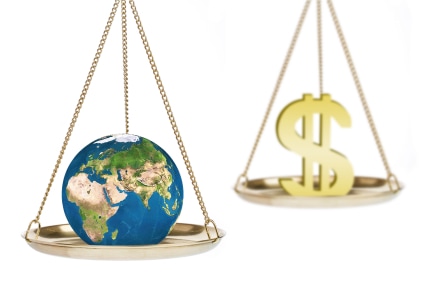
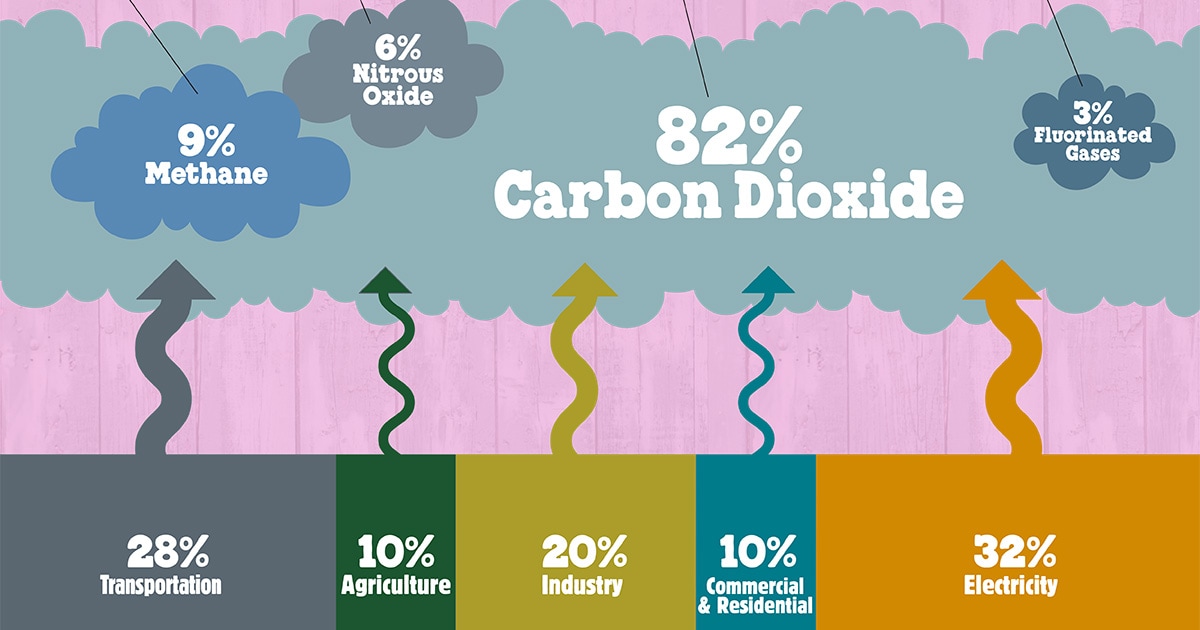
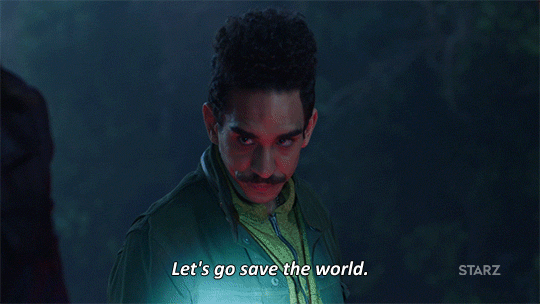
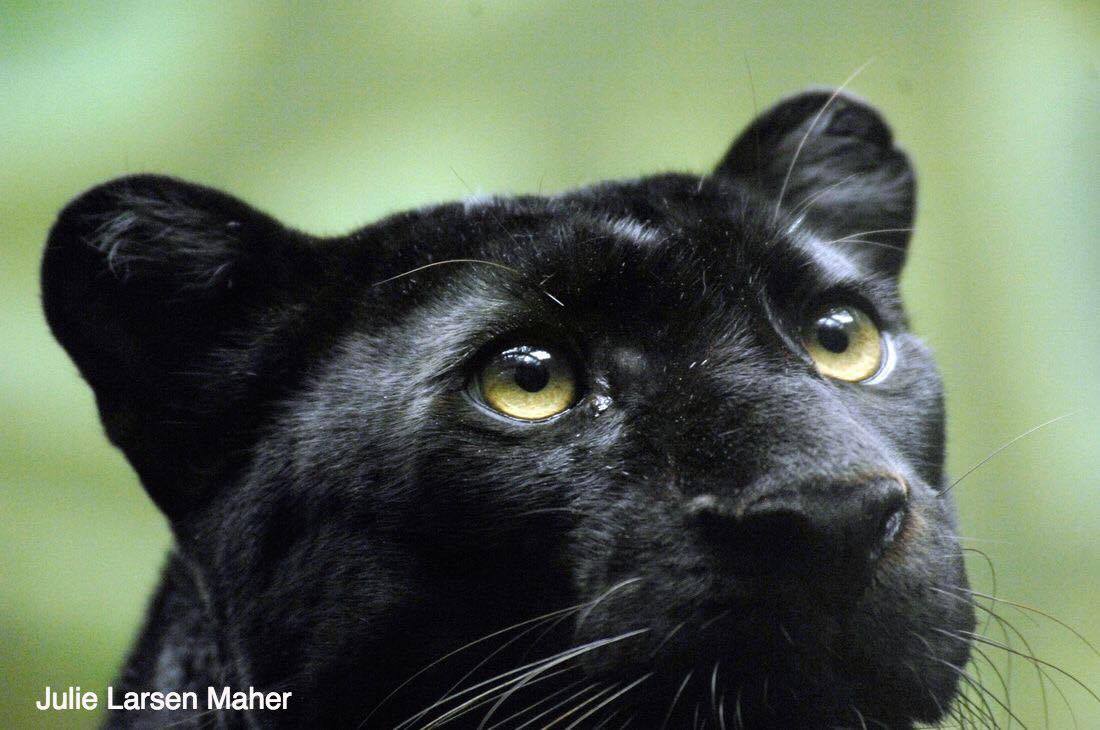
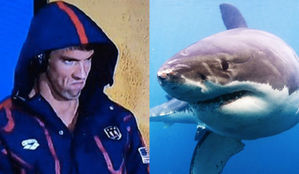

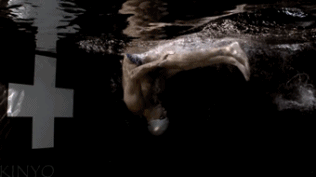
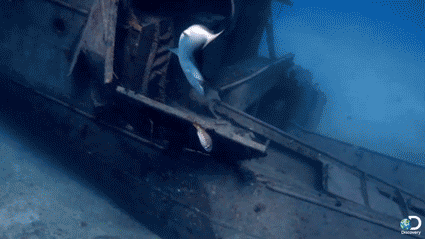
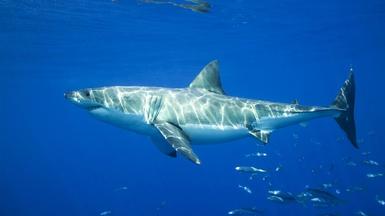
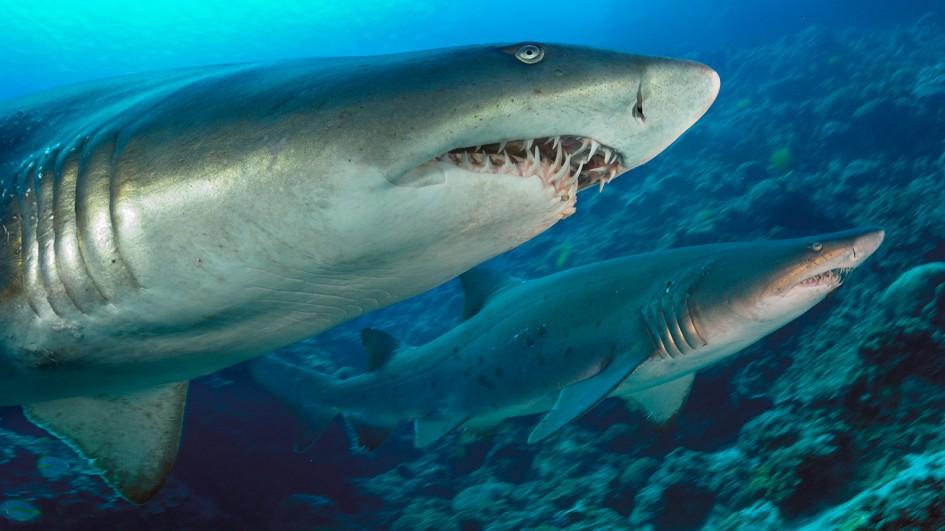
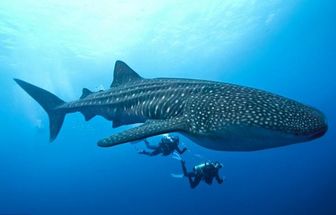
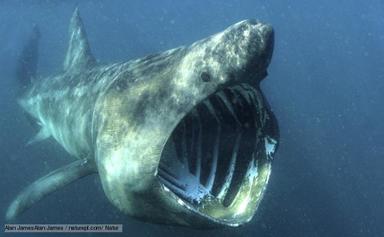
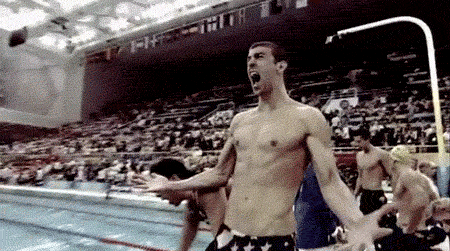

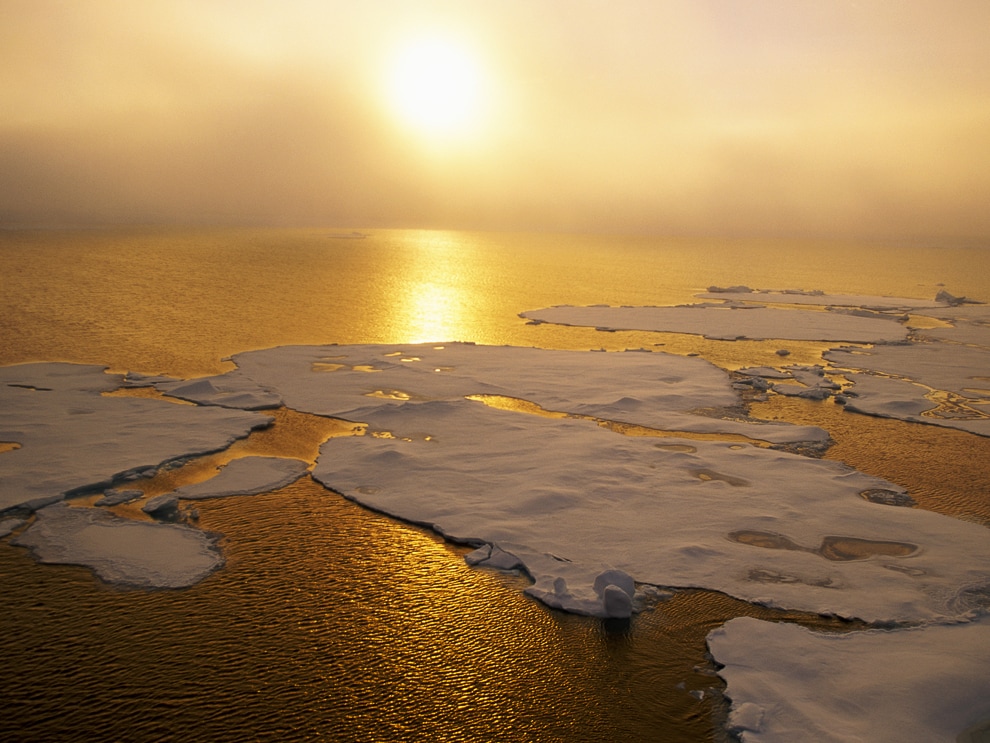
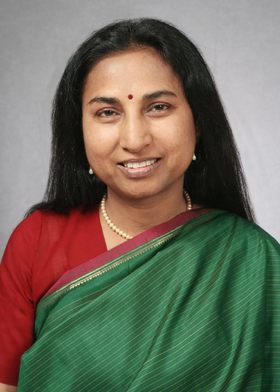


 RSS Feed
RSS Feed